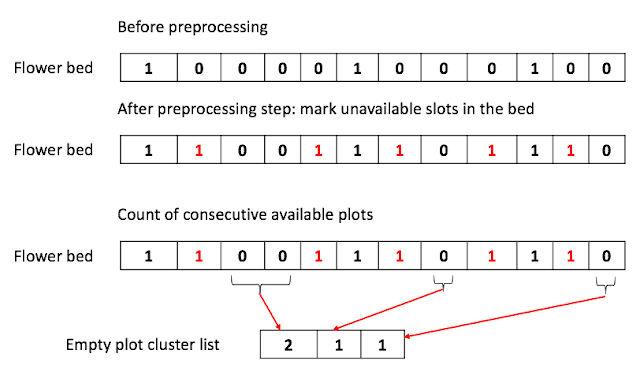Design the BigString class
Problem [Revised]
Design the BigString class which has the following public methods
// method to add char to the word at the specified index.
void insert (char c, int pos)
{
//
}
//method to return the word at the specified index.
word * search(int index)
{
//
}
Example)
insert('a', 0); ==> [a]
insert('b', 0); ==> [ba]
insert(' ', 0); ==> [ ba]
insert('c', 0); ==> [c ba]
insert('e', 11) ==> [c ba e]
insert('f', 8); ==> [c ba f e]
insert('o', 3) ==> [c boa f e]
insert('u', 10) ==> [c boa fu e]
search(0) ==> c
search(1) ==> boa
search(2) ==> fu
search(3) ==> e
UPDATE(2023-02-20): After searching for a similar question, I found that the original question was confusing and the examples were incorrect.
There was a similar but slightly different question found in the leet code.
People talked about using Rope data structure and range binary search tree
I decided to go with the range binary tree idea.
Here is the first (in 4 years!!) working solution in python.
Prior unsuccessful attempts.
I decided to go with the range binary tree idea.
This implementation is built on the following assumptions:
- insert() operation always inserts the char in the given position in the string whether it is a char or whitespace.
- search(i) operation returns the word, not the char and the position is not the position in the string. It is the ith order from the beginning of a string.
This range tree-based algorithm has the following time complexity, where N is the length of the big string and M is the number of words within the string.
- insert operation: $O(M)$, where M is the number of words in the string. In the worst case where there are char and whitespace alternates, M will be close to N thereby $O(M) \approx O(N)$. However, M will be much smaller than N in reality.
- Search operation: $O(M)$, where M is the number of words in the string.
Overall performance will be better than using a string array for the implementation, where $O(N)$ is the time complexity for both insert and search.
Here is the first (in 4 years!!) working solution in python.
Prior unsuccessful attempts.
UPDATE(2019-07-21): resolved this problem again. But I wasn't sure about the example for the question. It is unclear at this point if the example is correct. It is misleading.
I solved this problem again based on the following assumptions:
Assumptions made:
I solved this problem again based on the following assumptions:
Assumptions made:
- parameter 'pos' of insert(c, pos) refers to the postion of word in the BigString.
- when a character is added it is added to the front of the word at position, 'pos'
Here is the python solution with $O(N)$ for insert and $O(1)$ for search.
Practice statistics:
16:00: to write up the algorithm
14:00: write up the code with an incomplete test case
5:00: to fix up the test case

Comments
Post a Comment